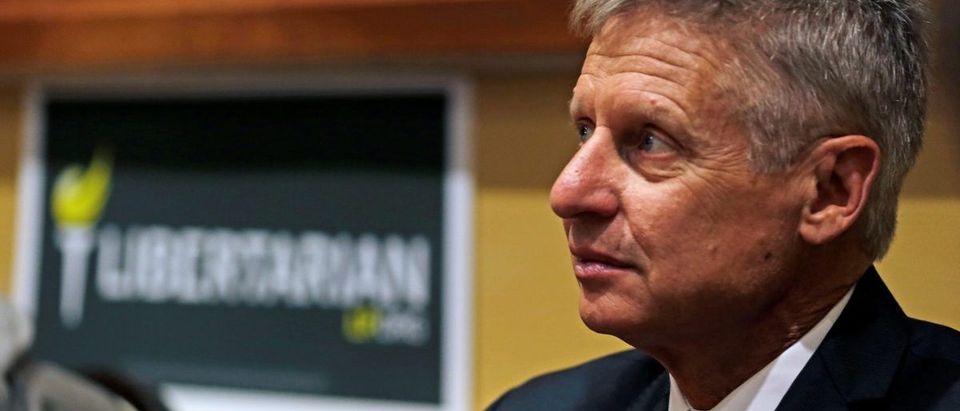What’s worse, momentarily blanking on the name of a foreign city or spearheading a failed CIA-directed regime change that displaced 10 million people and left more than 250,000 dead, many from that city? Based on their coverage of Gary Johnson’s recent Morning Joe blunder, where he inquired, “what is Aleppo?” when questioned about the largest Syrian city, political strategists, pundits, and journalists seem to judge forgetfulness worse than igniting a civil war.
Simply put, the world would be a much much safer place had Hillary Clinton never heard of Aleppo. After failing to disentangle Syria from Iranian influence through secret negotiations with Israel in 2010, Hillary Clinton led the charge for her proxy war to overthrow Assad. By 2011, the US adopted her plan explicitly and used the Arab Spring to align with and arm anti-Assad efforts such as ISIS and initiate what currently stands at over 4,800 airstrikes in Syria.
Despite early attempts at ceasefire negotiations in 2012, the CIA-led insurgency and the predictably violent response by Assad has ravaged Syria. Aleppo in particular has been a focal point of the Syrian civil war for months, with hundreds of people dying on both sides of the conflict. Until America agrees to a ceasefire without regime change, Aleppo will likely continue to suffer the consequences of Hillary’s hubris.
When asked about Johnson’s hiccup, Clinton laughed and noted that “you can look on the map and find Aleppo.” Of course Clinton is aware of exactly where Aleppo is; don’t you think you’d be able to identify a city you helped destroy on a map?
As Clinton enjoys continual passes for causing the worst humanitarian crisis in the world, Gary Johnson is laughed at by the media for a single slip-up. What does it say about American politics when a presidential candidate who’s laid waste to a city through reckless foreign policy can laugh at a third-party candidate barely polling double digits for briefly forgetting the city’s name?
Clinton’s stubborn refusal to reconsider this childish adventure in Syria shouldn’t come as a surprise since US-led regime change has been her favorite policy tool throughout her career. Whether it be Belgrade in 1999, Afghanistan in 2001, Iraq in 2003, Honduras in 2009, Libya in 2011, or Syria for the past five years, Clinton shows no sign of learning from her mistakes, even at continually increasing costs to human life.
While Gary Johnson immediately acknowledged his error and owned up to his human imperfection, Hillary Clinton has never given us a sign that she thinks of herself as a fallible human. Decry his momentary ignorance all you want, a humble, ignorant president is preferable to a stubborn, murderous one.
Imagine if there was as much discussion over a politician’s credentials when they call to arm extremist rebel groups or airstrike a city as there was for making an early morning, one-time blunder. Imagine if war-making was considered as terrible as interview mistakes.
Imperialism is deeply ingrained in American culture, especially in the political sphere. Forgetting the name of a city is simply not in the same ethical ballpark as destroying one, but you wouldn’t know that by paying attention to American election coverage. While the city destroyer is currently enjoying about 40 percent support in polls, the city forgetter, who is firmly against further military intervention and ISIS funding, is at a mere 10 percent.
If you don’t threaten to blow up enough cities or arm enough terrorist groups, you probably won’t make it into the presidential debates. So goes American politics. The media will continue to lambast Johnson for his mistake, even after he corrects it, while letting the war criminal who destroyed Aleppo enjoy the moral high ground. Disgusting.
Cory Massimino serves as the Chair of Academic Programs for Students For Liberty and the Mutual Exchange Coordinator for the Center for a Stateless Society. He is also a Young Voices advocate and studies philosophy in Houston, where he lives with the love of his life and their five adopted pets.












